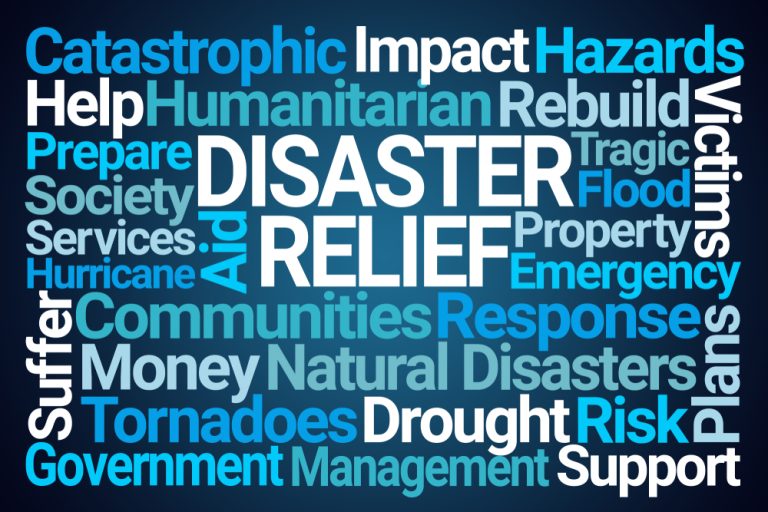Disaster Relief Donations

Be cautious when giving online.
Be cautious about online giving, especially in response to spam messages and emails that claim to link to a relief organization. If you want to give to a charity involved in relief efforts, go directly to the charity’s Web site.
Rely on expert opinion when it comes to evaluating a charity.
Be cautious when relying on third-party recommendations such as bloggers or other Web sites, as they may not have fully researched the relief organizations they list. The public can go to www.give.org to research charities and relief organizations and verify that they are accredited by the BBB and meet the 20 Standards for Charity Accountability.
Understand crowdfunding.
Keep in mind that some crowdfunding sites do very little vetting of individuals who decide to post for assistance after a disaster, and it is often difficult for donors to verify the trustworthiness of crowdfunding requests for support. If you decide to contribute via crowdfunding, it is probably best to give to people who you personally know that have posted requests for assistance.
Be wary of claims that 100 percent of donations will assist relief victims.
Despite what an organization might claim, charities have fund raising and administrative costs. Even a credit card donation will involve, at a minimum, a processing fee. If a charity claims 100 percent of collected funds will be assisting hurricane victims, the truth is that the organization is still probably incurring fund raising and administrative expenses. It may use some of its other funds to pay these costs, but the expenses will still be incurred.
Find out if the charity has an on-the-ground presence in the impacted areas.
Unless the charity already has staff in the affected areas, it may be difficult to bring in new aid workers to provide assistance quickly. See if the charity’s Web site clearly describes what the charity can do to address immediate needs.
Find out if the charity is providing direct aid or raising money for other groups.
Some charities may be raising money to pass along to relief organizations. If so, you may want to consider “avoiding the middleman” and giving directly to those that have a presence in the region. Or, at a minimum, check out the ultimate recipients of these donations to see whether they are equipped to provide aid effectively.
Gifts of clothing, food or other in-kind donations.
In-kind drives for food and clothing, while well intentioned, may not necessarily be the quickest way to help those in need – unless the organization has the staff and infrastructure to distribute such aid properly. Ask the charity about its transportation and distribution plans. Be wary of those who are not experienced in disaster relief assistance.
